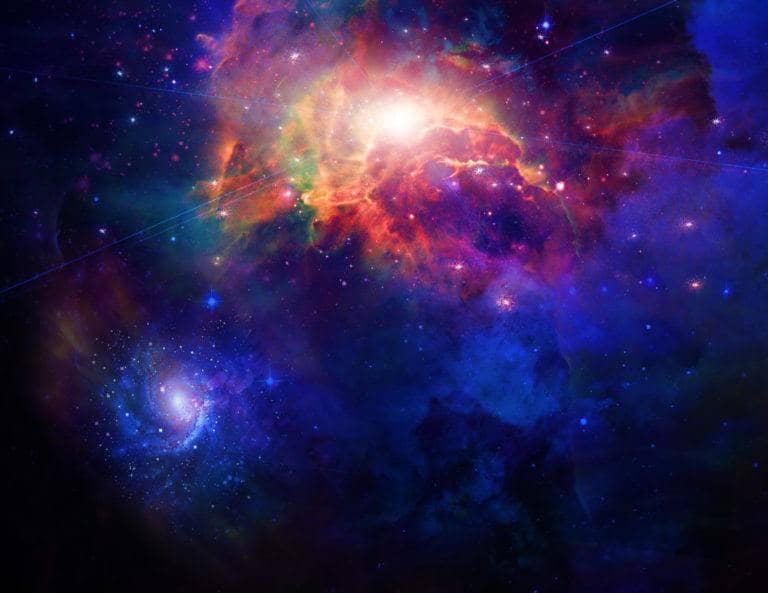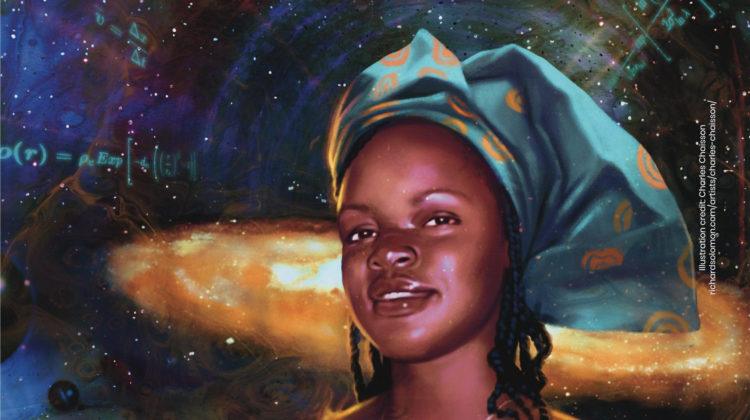
We don’t know everything about the universe, but on many fronts we know what we don’t know.
“The gaps in our knowledge are well defined,” writes Tyler Krueger in an article published recently in Astronomy Magazine, and new pathways to answers “are full of potential.”
Astrophysics is now entering an exciting new phase, Krueger writes, in which fundamental theory and cutting-edge experiments will help fill the gaps in current knowledge, potentially answering some of humankind’s most enduring questions about the origins, workings, and fate of the cosmos.
“Maybe all that we need is a capable team of researchers to break the mystery open and quite possibly change astrophysics and cosmology completely.”
Just such a team, he writes, is being assembled at Perimeter Institute as part of its Centre for the Universe, a hub of interdisciplinary research launched in November.
“That dream team of skilled scientists … will study a range of concepts in physics and astronomy including dark matter, dark energy, black holes, and the big bang.”
The Astronomy Magazine article profiles a number of scientists who are part of the Centre for the Universe, including Neil Turok (the Centre’s director), Ue-Li Pen, Asimina Arvanitaki, Will East, and Kendrick Smith.
“People have said quite recently that anything doable has basically been done already, and that there’s nothing much else we’ll ever understand,” Turok says in the article. “We are excited about the prospects of proving them to be so, so very wrong.”





















































































